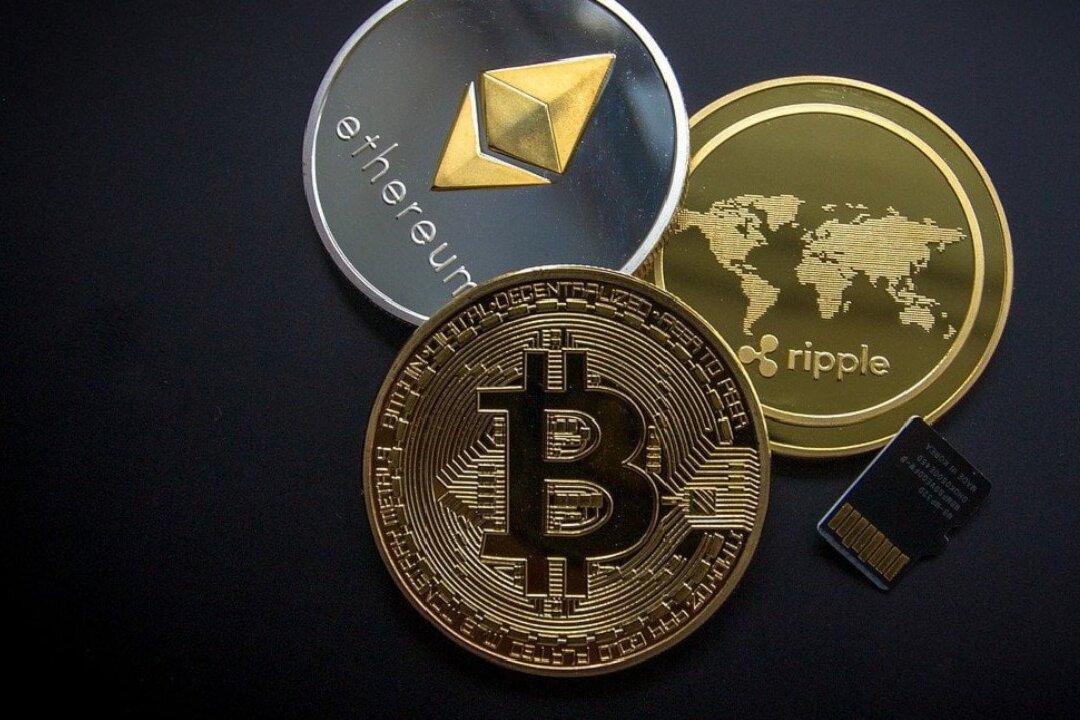Australian Transaction Reports and Analysis Centre (AUSTRAC) has joined other financial intelligence agencies to track down the Russia-related money flows via cryptocurrency transactions to prevent the country from evading international sanctions.
The move comes as Australia has included cryptocurrency, or crypto, in its sanctions regime against Russia, which imposes asset freezes on listed individuals and entities from the nation while prohibiting Australians from directly or indirectly providing assets to them.





